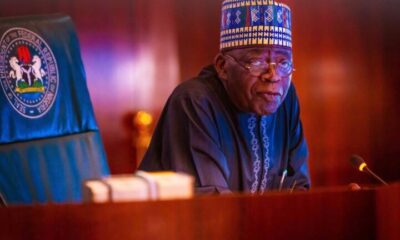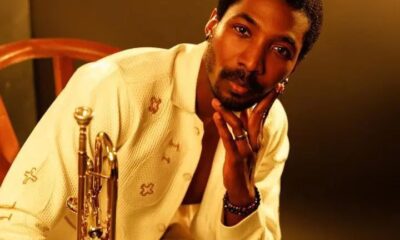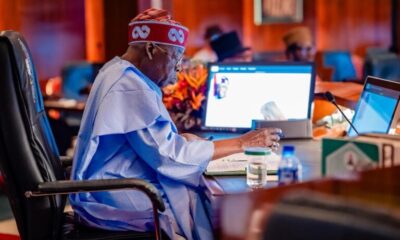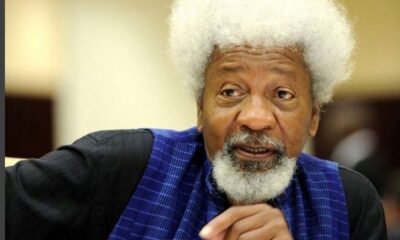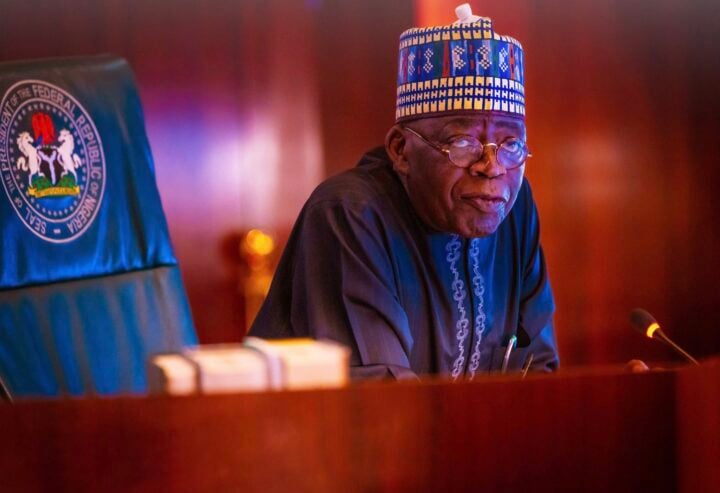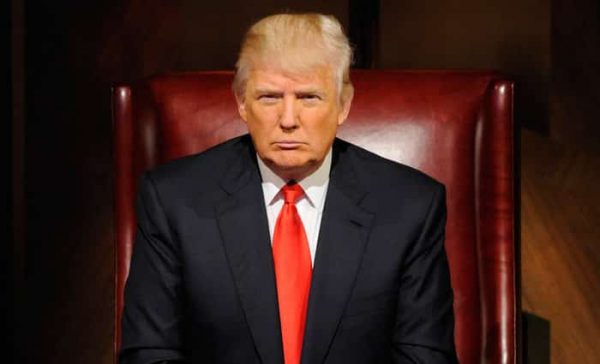BIG STORY
Why Tinubu Will Not Intervene In Dangote, NNPCL Feud — Presidency
-

 BIG STORY3 days ago
BIG STORY3 days agoBREAKING: Popular Nigerian Live Band Singer, Akin Shuga Is Dead
-

 BIG STORY2 days ago
BIG STORY2 days agoJUST IN: RCCG Founder’s Son Pastor Ifeoluwa Akindayomi Dies At 63
-
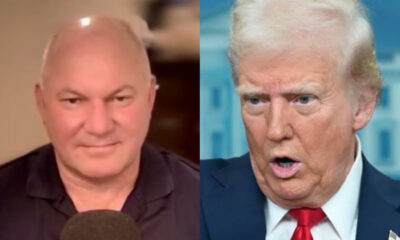
 BIG STORY3 days ago
BIG STORY3 days agoThreat To Invade Nigeria: Trump May Be Mentally Unstable — US Attorney Ron Filipkowski
-
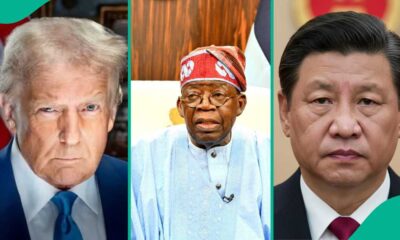
 BIG STORY2 days ago
BIG STORY2 days agoBREAKING: China Warns U.S. Against Meddling In Nigeria’s Affairs
-
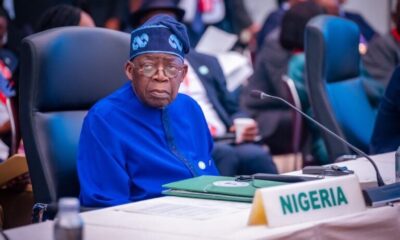
 BIG STORY2 days ago
BIG STORY2 days agoTinubu Moves To Appoint New Ambassadors Amid US Tension
-

 BIG STORY1 day ago
BIG STORY1 day agoCourt Orders Interim Forfeiture Of Pretty Mike’s Night Club
-
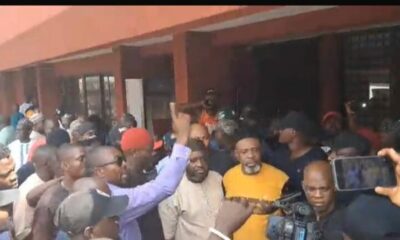
 BIG STORY3 days ago
BIG STORY3 days agoBREAKING: Protest Rocks PDP National Secretariat As Abdulrahman Faction Demands Damagum’s Exit
-

 BIG STORY2 days ago
BIG STORY2 days agoZenithEdge Consulting Announces 3-Day Service Excellence Workshop To Strengthen Nigeria’s Customer Service Culture








